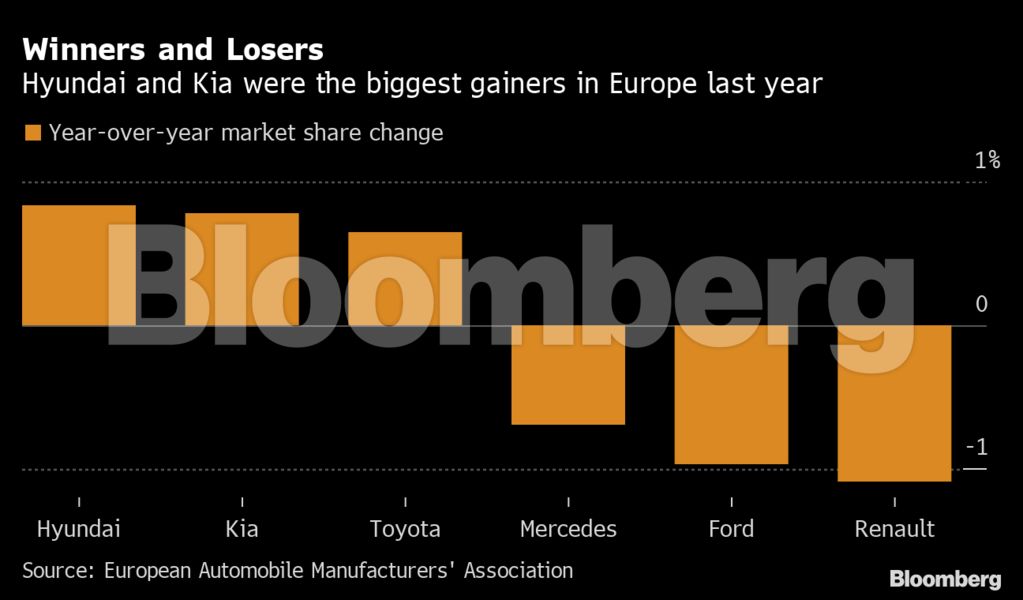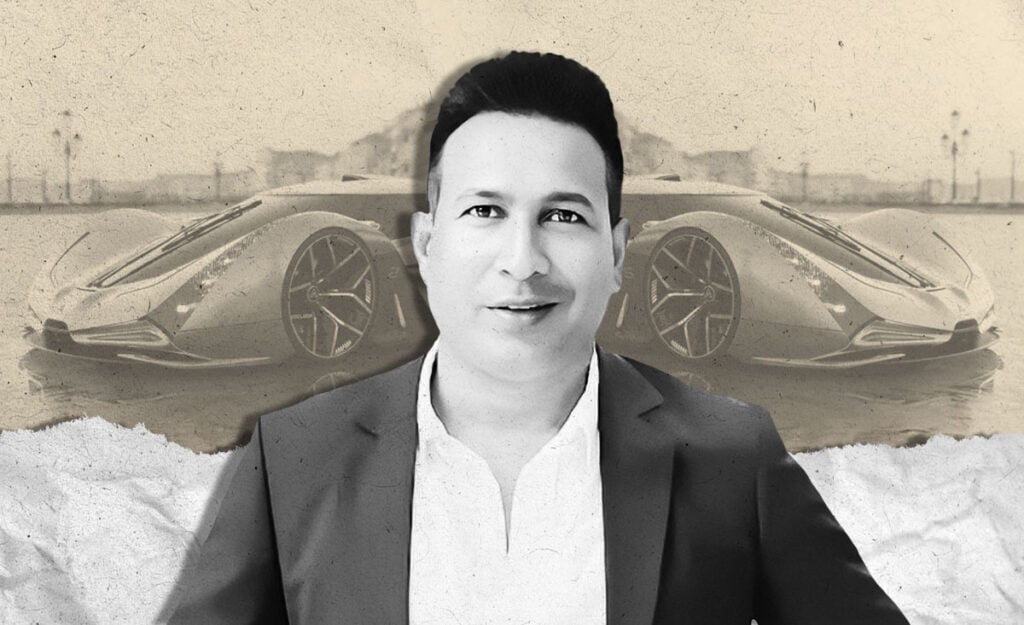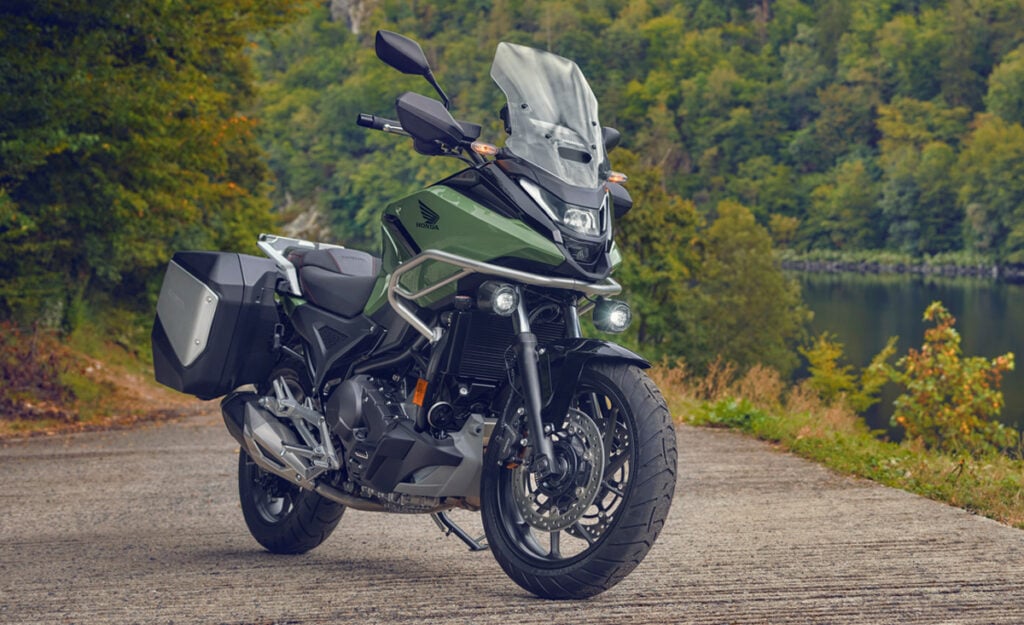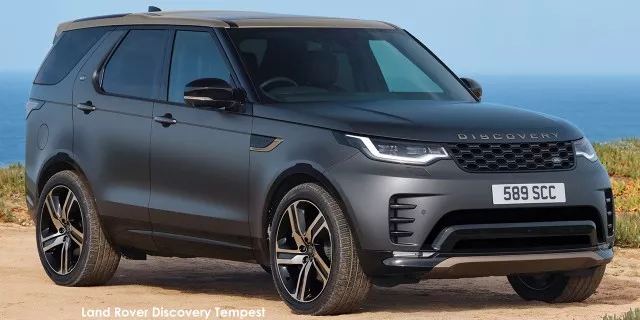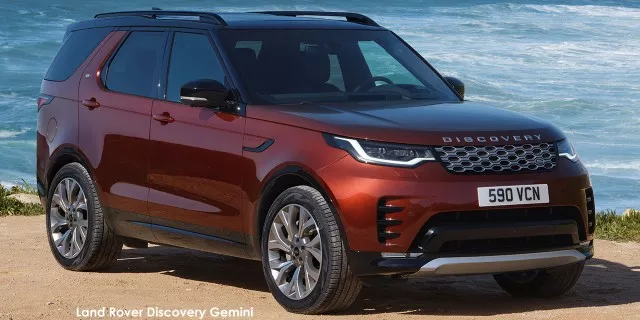
Europe’s auto market took a big electric leap forward last year, with more than 10% of new vehicles registered running entirely on battery power.
Volkswagen made lots of noise about giving Elon Musk a run for his money. Tesla broke through thanks to Model 3 imports from Shanghai. The French and Franco-Italians also got in on the fun.
Largely lost in all the shuffle: Korean brands had one hell of a 2021, and their EVs had a lot to do with it.
Hyundai and Kia were Nos. 1 and 2 in terms of share gainers among members of the European Automobile Manufacturers’ Association.
The good times kept on rolling in some of the region’s top markets as the calendar turned to 2022.
In the U.K., Kia was the best-selling brand in January.
It was fairly easy to overlook Korean carmakers in Europe before EVs started to take off.
VW group is a dominant force across the region, and national champions in Germany, France, and Italy generally were able to play to the patriotism of buyers in and around their home countries.
Hyundai, Kia, and Japanese brands like Toyota, Honda, and Nissan didn’t quite replicate the success they had appealing to buyers in the U.S. over recent decades.
But now that EVs are helping to unlock more of the European market than ever before, the story of Hyundai and Kia in the region is changing.
Hyundai started producing the Kona Electric sport utility vehicle at its plant in the northeastern Czech Republic in early 2020, more than tripling supply.
Its cousin of sorts, the Kia e-Niro, shares a semi-affordable price point to go along with decent driving range.
The level of demand for that model and an electric version of the Soul caught Kia off guard.
Emilio Herrera, chief operating officer of Kia Europe, said early in the pandemic that Europe had become the focal point for its global EV sales growth.
Those vehicles were conversions of gasoline models, which tend to come with compromises.
Designing cars and crossovers to accommodate electric or combustion powertrains – batteries and motors for the former, engines and gas tanks for the latter – results in wasted space, added mass, and squandered efficiency.
So Hyundai and Kia EVs have been selling well despite both companies not really giving it their best shot. This is changing.
The recently introduced Hyundai Ioniq 5, purpose-built to be electric, offers more range and room and better acceleration than the Kona Electric. Kia’s EV6 is even quicker.
The Hyundai Ioniq 6 sedan also will launch this year.
There have been a lot of predictions going back years that the rise of EVs was going to lead to disruption carried out by newcomers like Tesla, which is still waiting for regulatory approval for its first European factory near Berlin.
Hyundai and Kia’s recent accomplishments ought to open eyes to the possibility that some of the smaller incumbents stand a real chance of doing some supplanting of their own.
